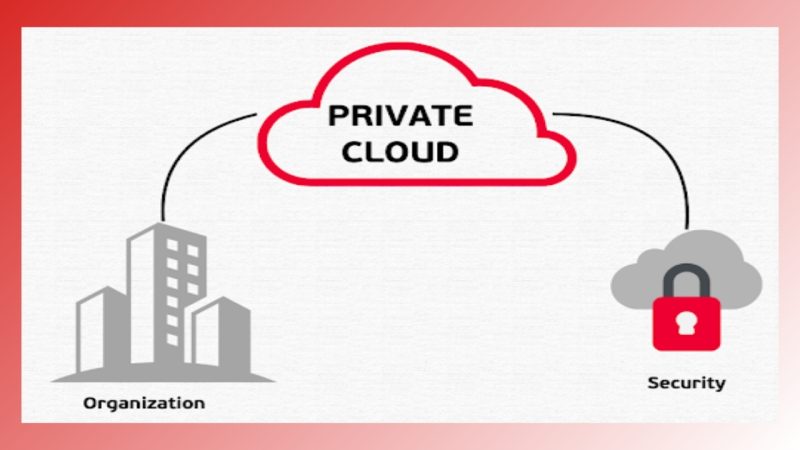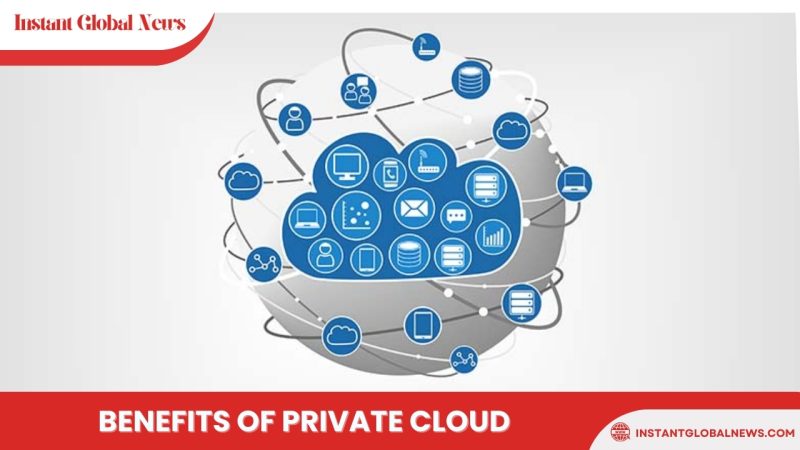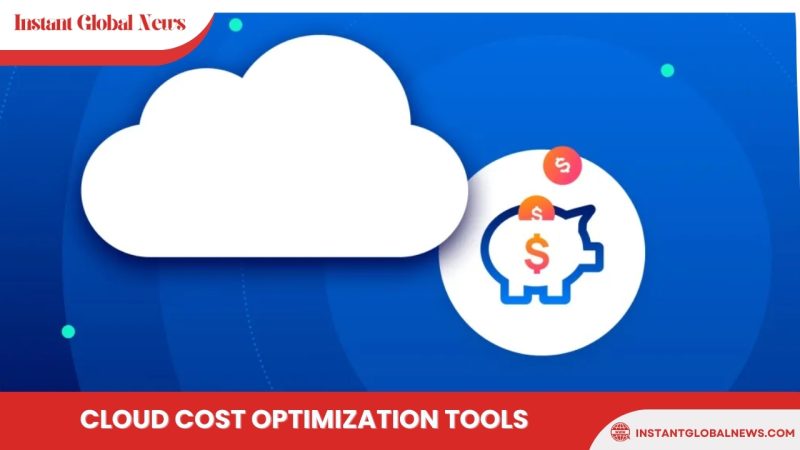What is a private cloud?
Public cloud is probably the best-known type of cloud since it is used quite frequently. When you choose to lease a public cloud, all computational resources are divided among multiple users according to their needs.
On the other hand, the private cloud offers an environment of high security and privacy because it is only managed by a single client or organization.
The third option is a hybrid cloud that combines a public cloud and private cloud by allowing data and applications to be shared between them.
Private clouds, like the other two models, operate in a virtualized environment using underlying physical computational resources. But the fact that a private cloud is totally controlled by you, allows you to have more privacy in the use of your data and applications.
To make it clear, let’s see the main differences between a private cloud and a public one.
Private an public cloud benefits comparison
Now that we have compared the pros and cons of a public and a private cloud, let’s see in detail the main benefits of a private cloud.

Private cloud benefits
Although the benefits of a public and private cloud are very similar, the central point that makes them different is the privacy and total control of the resources given by the physical hardware layer provided by a private cloud.
Control and flexibility
A private cloud can be designed to meet the specific needs of the organization, complying with its performance, scaling and architecture parameters.
The infrastructure of a private cloud can be located in the physical facilities of the company, but those clients that want to reduce costs in infrastructure can also host their cloud in a data center of an external service provider.
Private cloud services are always maintained in a private network with dedicated software and hardware. This provides flexibility to adapt resources and control them.
Performance and scalability
A private cloud can abstract a large number of computing resources and provide controlled self-service access.
Thanks to these conditions, a private cloud offers a greater infrastructure capacity to satisfy large demands for storage and computation. In this way, the management of resources is more efficient according to the needs of the user. In addition, resources are not physically limited thanks to virtualization.
Thanks to the dedicated environment of the private cloud, you can manage much better the scalability and utilization of the resources, self-service capacity, and elasticity while maintaining the isolation of single-tenant servers.

Security
The security of a private cloud relies on not sharing resources with other organizations. So it provides greater control and security in the management of the infrastructure.
However, this control does not mean that security, data protection, or compliance is guaranteed. The security of a private cloud depends on the protection protocols applied by the organization to reduce risks, errors and security breaches.
It should be noted that neither the private nor the public cloud guarantee total security. What makes a private cloud a bit more secure than a public one is that you can design your own security policies and make them as stronger as you want to protect your private cloud.
Generally, a good security policy is based on protocol encryption and a disaster recovery plan. Both are the central points to improve the protection of the infrastructure.


